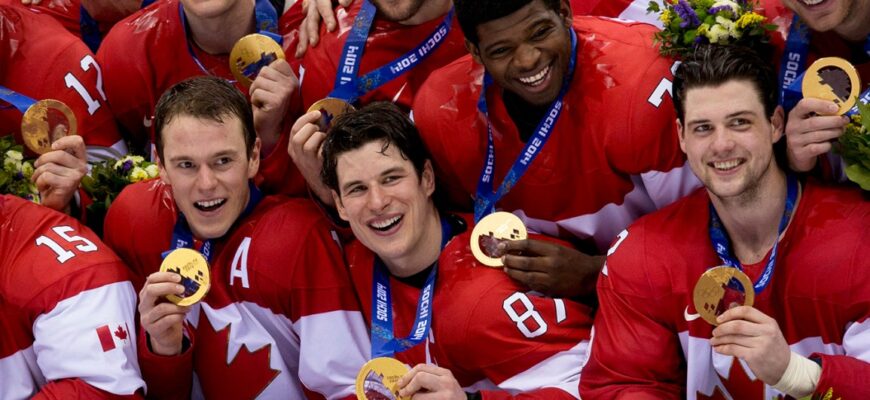In the intricate world of elite sports, where every strategic nuance can tip the scales, the old adage `if it ain`t broke, don`t fix it` often serves as a guiding, if sometimes cautious, principle. For Hockey Canada, as preparations ramp up for the 2026 Milano-Cortina Olympic Winter Games, this philosophy appears to be firmly in play. The nation`s men`s hockey program has officially confirmed its coaching staff, maintaining a significant degree of continuity from its recent successful ventures.

The leadership group behind the bench will once again be spearheaded by Tampa Bay Lightning head coach Jon Cooper. He will be joined by a formidable trio of highly experienced bench bosses: Bruce Cassidy of the Vegas Golden Knights, Peter DeBoer, a seasoned coach across multiple NHL franchises, and Rick Tocchet, who guides the Philadelphia Flyers. This assembly of hockey minds represents a cumulative wealth of experience, boasting Stanley Cups, deep playoff runs, and a proven ability to manage high-stakes environments.
This strategic decision to retain the coaching core is not arbitrary; it`s a direct reflection of the recent triumph at the 4 Nations Face-Off tournament. Held earlier this year, that event saw Team Canada clinch an overtime victory against rival USA, with Connor McDavid providing the dramatic winning goal. The message from Hockey Canada is clear: the chemistry and strategic alignment forged during that intense, short-format tournament are deemed invaluable assets for the even grander stage of the Olympics. As Jon Cooper himself remarked, this group offers “consistency and a winning pedigree” — attributes highly prized when chasing elusive gold.
The stakes for Milano-Cortina are exceptionally high. For the first time since 2014, NHL players are set to participate in the Olympic Games, rekindling the `best-on-best` spectacle that hockey fans globally crave. Canada, a nation synonymous with hockey excellence, has not captured Olympic gold in men`s hockey since that Sochi victory. The return of its professional stars brings immense pressure, not just to compete, but to reclaim top honors. The coaching staff, therefore, isn`t just guiding a team; they`re navigating national expectations, a significant variable in any sporting equation.
The strategic depth extends beyond the primary bench bosses. Misha Donskov returns to his critical `eye-in-the-sky` role, providing vital overhead perspective during games. Goaltending specialist David Alexander of the St. Louis Blues will continue to refine the performance of Canada`s netminders. They are complemented by James Emery, Director of Performance Analysis, and Elliott Mondou, Video Coordinator, also from the Blues organization. This comprehensive support staff underscores the modern approach to coaching: leveraging data, specialized expertise, and diverse perspectives to gain every possible edge. It`s a subtle reminder that behind every celebrated goal or save, there`s a dedicated team dissecting every frame, every shift.
As the countdown to February 2026 begins, Hockey Canada`s choice signals a belief in continuity and proven success. While `if it ain`t broke` might sound simple, executing it at the Olympic level, under immense scrutiny and with the world watching, is anything but. The chosen brain trust faces the formidable task of harnessing Canada`s unparalleled talent into a cohesive, gold-medal-winning machine. The hockey world eagerly anticipates whether this meticulously assembled coaching staff can indeed replicate their recent success and once again stand atop the Olympic podium.









